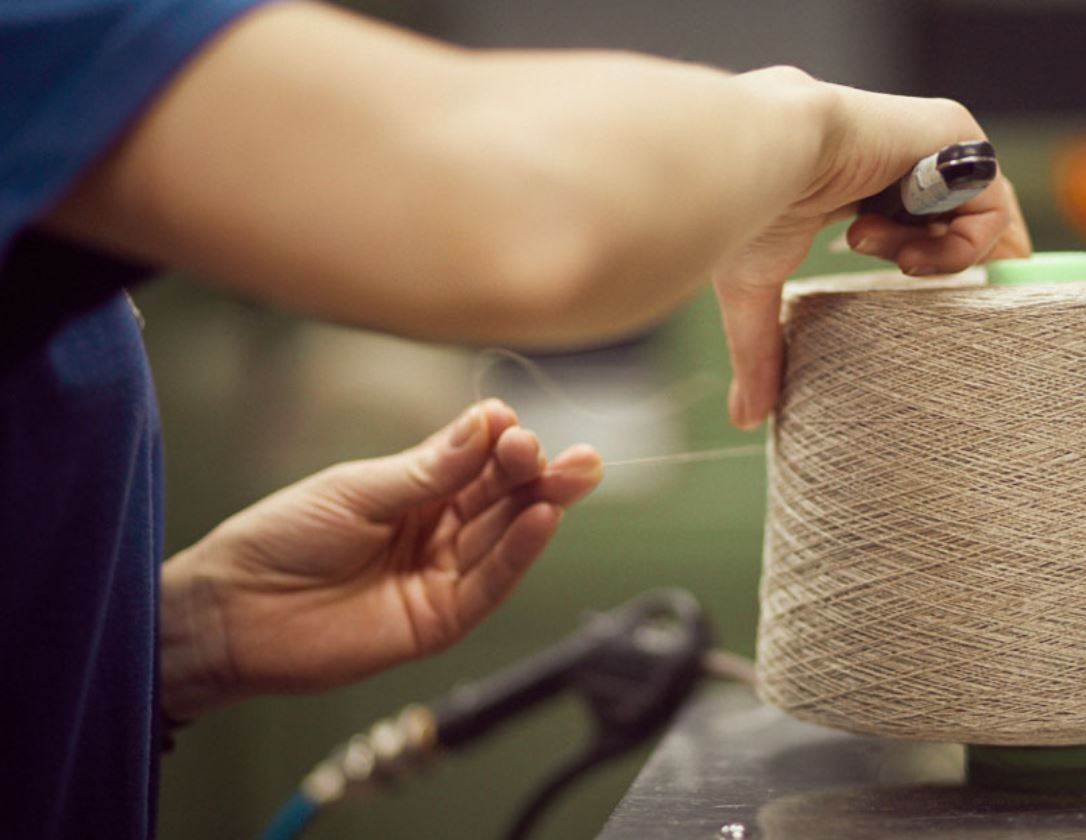Rebuilding a French hemp textile industry

Spinner Safilin has outlined some of the progress being made towards rebuilding a hemp textiles supply chain in France, involving several key stakeholders.
The farmers are primarily located in Hauts-de-France, Normandy, Anjou and the South-West, and are reintroducing hemp crops with support from seeds specialist GNIS, agricultural research institute Terres Inovia and industrial hemp body Interchanvre.
Scutchers such as La Chanvrière, which mechanically separates the fibre from the plant, are developing processing lines to address fibre finesse, uniformity and length.
Safilin, which has invested in hemp spinning in Poland, offers dry and wet spinning. Dry spinning produces yarns suitable for home textiles, while the wet spinning is tailored for garment fabrics.
Textiles producers include Tissage de France, which weaves hemp into fabrics for apparel and home furnishings; Tissages d’Autan, which combines artisanal weaving methods with innovation; Lemaitre Demeestere, founded in 1835, develops luxurious hemp-based fabrics; and Lepère Oursport, a knitter that specialises in hemp.
Hemp4Circularity, coordinated by the European Confederation of Flax and Hemp (CELC), unites researchers and industry with the aim of building a circular and competitive hemp textile industry.
Safilin said: “France has all the assets to become a European leader in hemp textiles: strong agronomic heritage, restored industrial expertise and committed stakeholders across the value chain.
“Initiatives like Hemp4Circularity and pioneering companies like Safilin are proof of this potential. Still, the industry needs support: investment incentives, scientific research, training programmes and, above all, trust from brands and consumers. With sustained effort, the hemp textile sector will be able to offer luxurious, technical and truly sustainable products.”
Safilin is a family-owned company, launched in 1778. It is based in northern France and operates two factories in Poland and one in Béthune, France.










